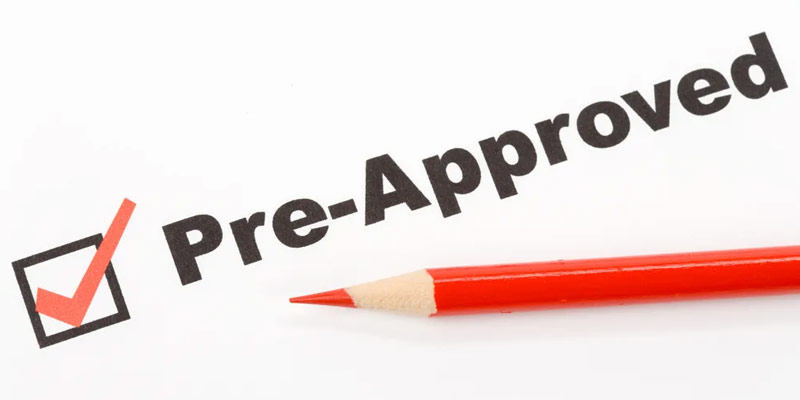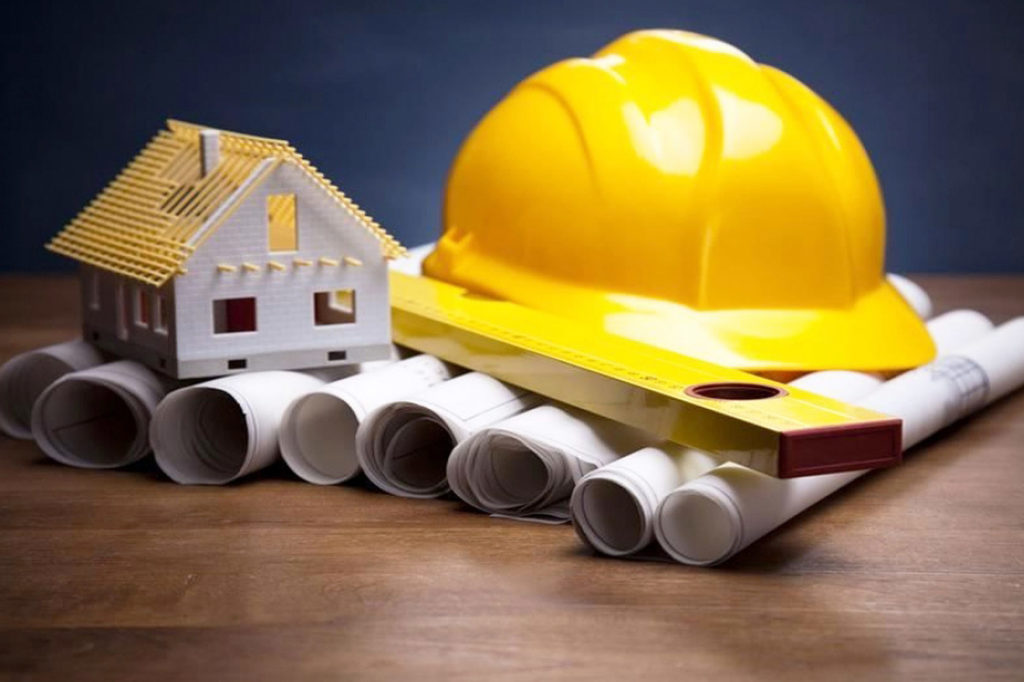If you want to secure a property and buy real estate off the plan, you will need a significant investment regardless of where you are looking to purchase. That alone makes the process a worrisome and sometimes overwhelming one. Buying apartments off the plan or the plan houses can be a bit of a stressful process because you have yet to see your newly constructed home.
There is a possibility it is different from what you were promised. However, if you consider your options before you sign, there are essential key factors that will ensure you don’t get hit with buyer’s remorse.
What are the pros and cons of buying off-plan vs established?

When it comes to purchasing off the plan or established, the question you should be asking yourself is, “what is best for me?” Buying off the plan in Queensland is a fantastic and accessible way to get into the property market as a first-time home buyer and an investor.
However, it is far from risk-free, and unlike established buying, you can run into complications with your house’s construction or the construction and move-in timeline being delayed past the promised date.
Established home buying offers a great convenience over off the plan as you can move in right away.
However, buying established means you are buying a house not tailor-made for you and subject to the existing state of repair and condition of the established home.
The key questions to ask before buying off the plan

It is essential to ask the right questions when buying off the plan in Brisbane or Sydney. Some buyers are unaware of the extent of the contractor’s power and what they can and can’t do.
As a buyer, you do not have as many rights as the contractors and therefore don’t have too much control over the whole process, which can make buyers uneasy. Here are a few questions to ask not only yourself but your contractor as well.
- What is off-plan meaning?
- What is the reputation of who you are buying from?
- How experienced are they in this type of development?
- What are others saying about their completed projects?
- Do they usually finish on time with construction or renovations?
- Do they follow up on work after the settlement if there is an issue?
- How accurate is the completed project to what was promised?
- How would you feel if they needed to extend the construction period?
All of these are important questions to ask before you sign anything. Once you answer all of these questions to your satisfaction, you can move forward with the process.
Do you need pre-approval to buy off the plan?

Getting pre-approval for your off-the-plan property can be a big help to your purchase. It all depends on your bank’s evaluation of the off-plan. An important note for pre-approval a lot of people neglect is that the bank determines how much they will lend to you based on the property evaluation. This means that the bank might want to hold off on giving you the loan until the construction is complete.
To prevent this from happening, you have to prove to your lender or bank that you aren’t at risk and that you can qualify for the pre-approval. Things like being a full-time employee, having a high credit score, making regular savings deposits, and keeping your spending habits to a minimum for up to 2 years before you apply can make a big difference. This last point is crucial because banks can review your spending history for these loans and judge whether you spend frivolously or not.
Your bank may still want to make its loan conditional on a valuation being carried out after construction and you need to check whether this will be the case and consider whether you can live with this risk.
Pros and cons of buying off the plan

When making a decision this big, it is essential to weigh the pros and cons. The benefits of buying off the plan start with the increased amount of time you will have to prepare for your new home as it is not built yet. You will have around 1-2 years, depending on the construction, to prepare yourself financially as these processes take a lot of time and money, which you can afford if you buy off the plan.
You may also benefit from the property value going up in the time it takes to build your new home. By locking in the price when you bought it, you can already see your profits grow if your property value goes up.
Some off-the-plan properties also can be purchased with discounts as the contractor would like all the units sold on the land, making these options even more affordable!
However, the risks of buying off the plan are very different. You run the risk of the builder going bankrupt, essentially halting all construction on your property, and you would have lost your great deal and property.
After you sign the contract, there is a chance that the bank will not approve you for a loan, making the actual purchase of your property impossible for you, and if you can’t hand over the 10% down payment, you might lose everything you waited years for.
There is also a risk that the construction of your home goes over the sunset period, meaning they do not finish it on time. If this is the case, then you may have to reevaluate your plans for your future.
Finally, there is the risk of not getting what you were promised from the construction. Sometimes companies cut corners to finish construction on time, and your house or apartment could suffer from quality issues or not include everything promised to you initially.
This is why it is essential to research before you sign your contract because the risks you foresee might outweigh all the benefits.
How the purchasing process works

When you find the perfect spot for you, you must consult a lawyer to ensure that the contract given to you has all the relevant information for the purchase. The purchasing process can be broken down into six separate parts.
1. Cooling Off Period: In most Australian states, you have a cool-off period of 3-5 days in which you can back out of the purchase. Some fees may be applied if you do not go through with the original deal, so be sure to check the contract for more information.
2. Project Plans: This indicates what exactly is being built and the terms of the construction. Check this to ensure what you were promised will be completed and be finished on time.
3. Deposit Amount: Typically, you will need a 10% deposit to purchase the property, but this can vary from place to place.
4. Inclusions: always be sure to check the contract for warranties and inclusions. Sometimes, the contractor will have to make changes to the original build, and it is helpful to double-check what those are and how they affect your overall property.
5. Finance: Be sure you have the money to pay the contractors. Typically, they give you 30 days to secure the money, so be sure to have a plan.
6. Building Defects: Issues can arise in construction, and it is vital to include a clause in the contract that holds the contractor liable for any changes or fixes they will have to make should any arise.
Many of these are specific to particular states in Australia, so it is important to double-check what applies when buying. You can find more information on those specific details here.
Do you have a big enough deposit?

Contractors require at least a 10% deposit, but sometimes that deposit can go as high as 20%. There are many ways to pay this, including cash, loans, or bank guarantees that can secure your deposit.
It is essential to calculate your Loan to Value Ratio (LRV), which is the money being borrowed against the total value of the property. It is also important to keep your risks low as the bank can determine the total value of your property. If this is an issue, you can turn to a Lenders Mortgage Insurance (LMI) claim. LMI protects the bank if you default on your loan. LMI rates can vary, though, so be sure to compare which rates are best in your area or where you are buying.
Have you taken the contract to your solicitor to review before signing?
While you will need to pay your solicitor for this service, it is highly recommended, given that there are several potential pitfalls.


